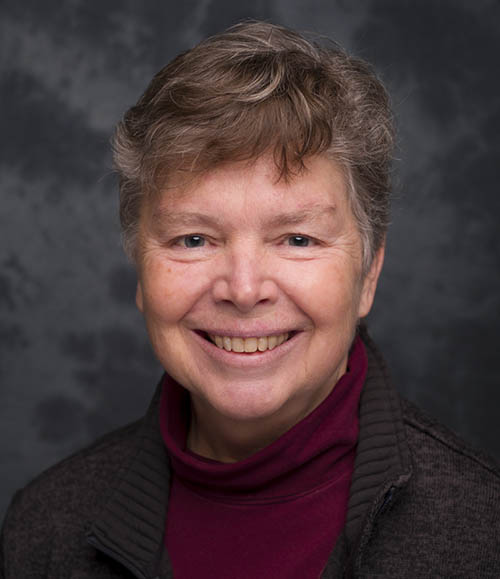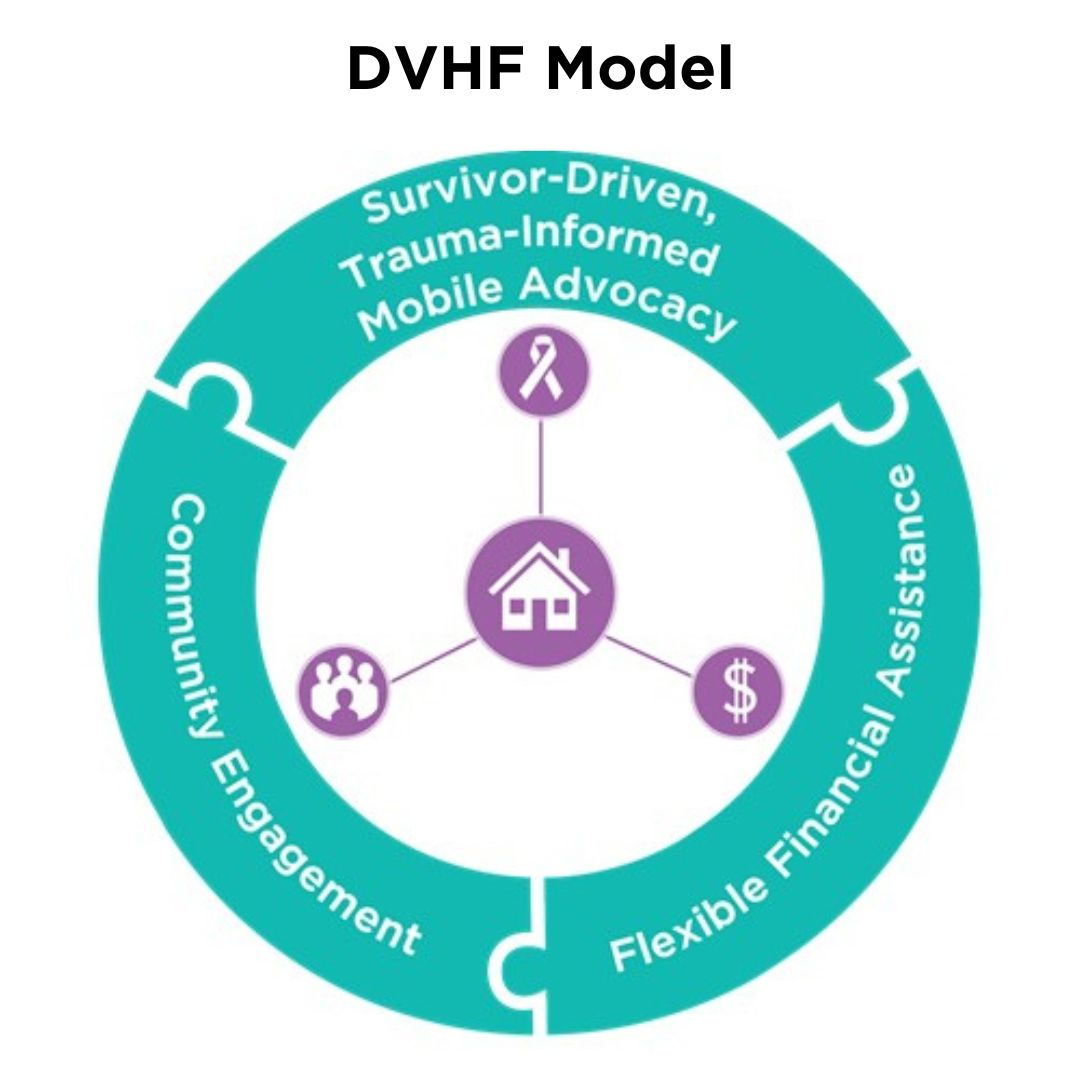Community Psychology Research Impacting Policy and Practice for Survivors of Domestic Violence
February 13, 2023 - Shelly DeJong
 This month, Dr. Cris Sullivan, a professor of ecological-community psychology at MSU, and a team of collaborators from the Washington State Coalition Against Domestic Violence (WSCADV) will be traveling to Washington DC to meet with federal agencies and policymakers with their findings from a multi-year study on domestic violence and homelessness.
This month, Dr. Cris Sullivan, a professor of ecological-community psychology at MSU, and a team of collaborators from the Washington State Coalition Against Domestic Violence (WSCADV) will be traveling to Washington DC to meet with federal agencies and policymakers with their findings from a multi-year study on domestic violence and homelessness.
With the knowledge that domestic violence is a leading cause of homelessness, WSCADV introduced a trauma-informed initiative called Domestic Violence Housing First that focuses on providing survivors of domestic violence with housing-focused advocacy and flexible financial assistance as they rebuild their lives. Funded by numerous sources including the Bill and Melinda Gates Foundation and the federal government, WSCADV asked Dr. Sullivan to help rigorously evaluate their initiative. 
Starting in 2017, the researchers interviewed 406 survivors of domestic violence within two weeks of entering domestic violence services to find out what led up to this need and to see what they were looking for. Follow-up interviews happened every six months for two years. At two years, 89% of the survivors were still willing to participate in the study.
“Even under the best of circumstances, this retention rate is high,” said Dr. Sullivan. “We had an amazing team of people on the ground that should get all the credit. The survivors knew that they were cared about and that we were doing this to try to make things better for other people in this situation.”
Flexible Funding & The Findings
Around the country, domestic violence service agencies face limitations on the kind of government funding that they can provide to victims.
Imagine having to flee a dangerous situation and then not having the money to pay for a copy of your birth certificate which is required for a new job. Or not having professional clothing or the ability to pay for licensing that is needed for your line of work. Or imagine having someone slash the tires of your car so you can’t go anywhere. “These types of variable needs are common in domestic violence cases,” said Dr. Sullivan.
“The agencies believed that flexible funding could make a difference but there wasn’t evidence to back this up. For this research, the Gates Foundation ended up funding the flexible finance portion. Our findings showed how important flexible spending was to the survivors,” said Dr. Sullivan.
Throughout the Domestic Violence Housing First initiative, survivors were given funding for whatever needs came up. On average, people ended up receiving about $1,500. The researchers found that this model was highly effective.
“That is a lot of money, but not if you think that now this person is safe and is stably housed—the cost to society when somebody is unsafe and unstable is much higher,” said Dr. Sullivan.
The survivors who received the Domestic Violence Housing First model reported being more stably housed and reported less depression, anxiety, and post-traumatic stress than those who received “typical” services provided by the domestic violence agencies. These findings were evident within the first six months of a survivor’s experience and were still positive at the end of the two years.
Knowing that this research can make a big difference in domestic violence survivors’ lives, the researchers worked to make sure the research was accessible to all. A website for the project and a toolkit were created so agencies and governing bodies can begin to take action in their communities.
Federal agencies, including the U.S. Department of Housing and Urban Development (HUD), the U.S. Department of Justice Office on Violence Against Women, the U.S. Department of Justice Office for Victims of Crime, and the U.S. Department of Health and Human Services, all received a final report on their findings as well as a federal briefing.
“These agencies have been asking for evidence that it works so that they can then go to Congress,” said Dr. Sullivan. “And now we have the evidence.”
In February, Dr. Sullivan and three members of the Washington State Coalition Against Domestic Violence will provide individual briefings to federal agencies and will meet with the staff of Senator Patty Murray (D, Washington), Chair of the Appropriations Subcommittee on Labor, Health and Human Services, and Education.
In March, the Bill and Melinda Gates Foundation is hosting an invitation-only, full day symposium focused on the results of the research. Over a hundred people will be attending, including people from federal agencies, national resource centers that deal with gender-based violence, philanthropists, and politicians.
The researchers believe that the research will make a difference in the work of agencies and the lives of domestic violence survivors, and they’ve already seen the difference begin. For example, funds received by each state through the U.S. Department of Justice Office for Victims of Crime are now much more flexibly used than in the past.
“In part because of our research, they are now allowing people to use this funding for transportation needs,” said Dr. Sullivan. “It’s very exciting to start seeing the impact of this research.”
Using research to alleviate social problems is the rallying cry of the ecological-community psychology program that Dr. Sullivan is a part of at MSU.
“Community psychology is exciting because you get to use research to try to solve social problems as opposed to just publishing in academic journals,” Dr. Sullivan said. “And that’s what we’re doing here.”

